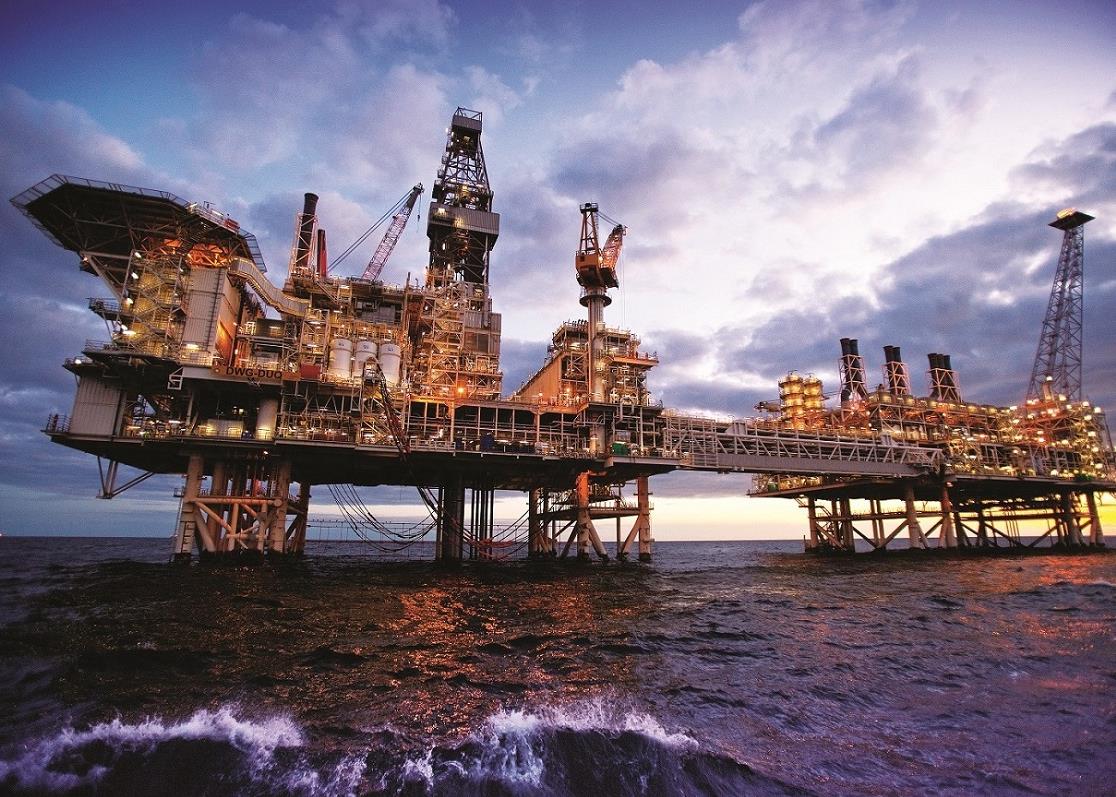
Not everybody would consider Georgia and eastern Turkey to be the safest of places. Georgia's conflicts in Abkhazia and South Ossetia have not been resolved, while Turkey's Kurdish provinces are only temporarily quiet. These issues have been of little concern to the US administration, which has been the main driving force behind the construction of a major oil pipeline from the Caspian Sea through the crisis-ridden region to the Mediterranean.
The multi-billion dollar project, involving the construction of a pipeline from Azerbaijan's oil fields in the Caspian to the Turkish port city of Ceyhan, is a prime example of geopolitical considerations prevailing over economic logic. The shortest and most feasible export route for the Azeri crude would have been through Iran to the Gulf. But with the US labelling the Islamic republic a supporter of international terrorism and a member of the 'axis of evil', the option was never a serious consideration.
The emergence of the pipeline project can be seen as an attempt by the US to secure an alternative source to Gulf crude and to gain long-term access to the Caspian's 10,000 million barrels of proven oil reserves. The decision to push ahead with the Baku-Ceyhan line means the Middle East misses out on a landmark scheme.
The project has been on the drawing board since the mid-1990s. First identified as a potential export route in 1995, the scheme was long considered as being commercially unattractive. However, with strong backing from Washington and major international oil companies, as well as an upward revision in the crude reserves of the Azeri-Chirag-Gunashli (ACG) field, the project has managed to overcome the challenges.
Plans for the pipeline scheme have rapidly come together this year, most notably on 1 August when 10 oil companies signed up for the Baku-Tbilisi-Ceyhan Pipeline Company (BTC), which will construct, own and operate the pipeline. Its shareholding brings together the major players in the Western Caspian, most notably the UK's BP, Azerbaijan's Socar, Norway's Statoil, Unocal of the US, Italy's Eni and France's TotalFinaElf.
Some 70 per cent of the estimated $2,900 million project costs will be raised from international institutions, including the European Bank for Reconstruction & Development (EBRD) and the World Bank. It is understood that the US Export-Import Bank is another potential lender for the scheme. The remaining 30 per cent will be in the form of BTC equity.
BTC has wasted little time in getting down to business. Just days after its formation, the venture approved the award of the engineering, procurement and construction (EPC) contracts for the Azeri and Georgian sections of the pipeline. Athens-based Consolidated Contractors International Company (CCC) took the EPC package for the $150 million Azerbaijan section of the pipeline. In addition to laying a 442-kilometre pipeline, CCC will build 22 valve stations and pigging facilities under the 37-month contract. Responsibility for building the 248-kilometre Georgian section rests with Sharjah-based Petrofac International in partnership with France's Spie Capag, which was awarded the $600 million contract. Engineering for both packages was carried out by the US' Bechtel International.
Turkish state-owned firm Botas is the turnkey contractor for the 1,060-kilometre pipeline in Turkey. Germany's Pipeline Engineering (PLE) carried out the basic engineering for the section, while ILF Consulting Engineers, also of Germany, won in 2001 the contract for detailed design and consultancy services.
The 1,760-kilometre-long pipeline runs across some of the most inhospitable terrain in central Asia. Due to differences in altitude along the route, the diameter of the 1 million-barrels-a-day line will vary. It will start off in Azerbaijan at 42 inches, rise to 46 inches in Georgia and revert to 42 inches on its arrival in southeast Turkey.
Construction is due to begin in early 2003 once the design and preliminary survey work has been completed. Pipeline laying is expected to be finished by mid-2004, allowing for oil fill to begin in line with commissioning of the first-phase development of the ACG field.
Oliver Klaus
You might also like...

Adnoc Offshore awards Upper Zakum contract
17 April 2024

Oman awards Batinah coastal road contract
17 April 2024

Oman appoints Al Khuwair Downtown project manager
17 April 2024
A MEED Subscription...
Subscribe or upgrade your current MEED.com package to support your strategic planning with the MENA region’s best source of business information. Proceed to our online shop below to find out more about the features in each package.









